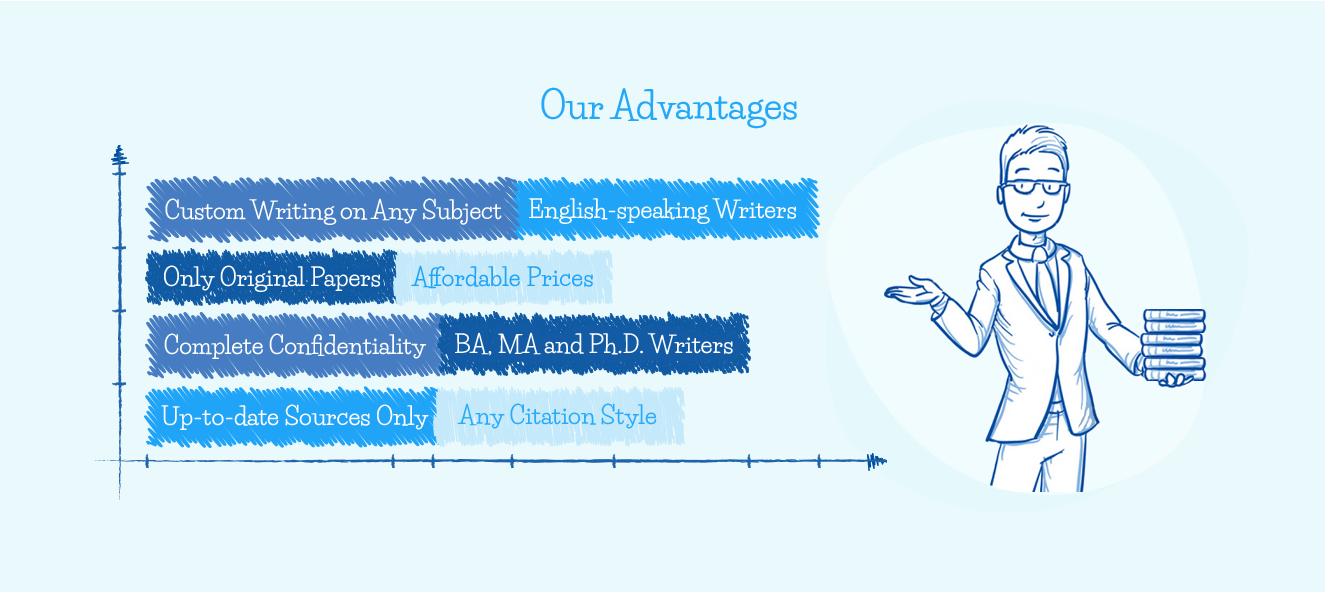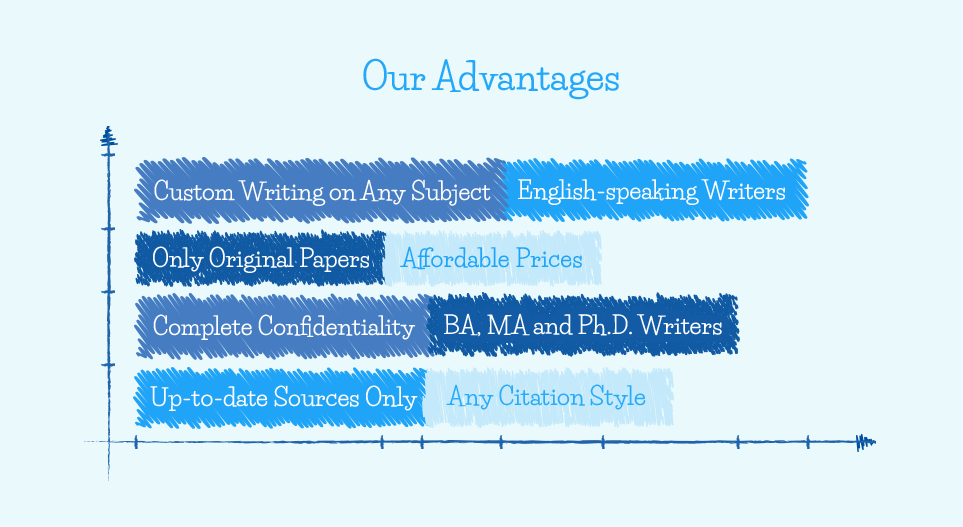Autocracy
Autocracy is a type of state political structure in which all types of power are accumulated by one supreme ruler. Under this governmental system, the population does not influence the functioning and organization of the government. Nowadays many countries in the world have introduced such a form of political structure as the autocracy into their political regime (Burnell 2014, p. 2). The paper claims that autocracy is inherent in North Korea and Saudi Arabia like in no other country. It is mostly connected to the fact that North Korea is the only country in the socialist camp that during the second half of the 20th century did not take any steps in changing its system in favor of democracy or a market economy. In its turn, Saudi Arabia’s ability to use autocracy as a compulsory power has no analogs in the Middle East (Burnell 2014, p. 2). However, autocratic political decisions do not contribute to the individual and social development since they essentially deny such human natural values as equality, freedom, and justice, and the principles of the societal functioning and organization like democracy, political pluralism, the difference, and unity of human interests.
What is autocracy? History and types of autocracy
Historically, the autocracy is a governmental form based on the uncontrolled and unrestricted sovereignty of one person in the state. Types of autocratic rule in history include despotic monarchies of the Ancient East, the tyrannical rule in some Greek states, Byzantine and Roman empires, and the absolute monarchies in the New Times (Bentzen 2014, p. 5). Historically, the content of the autocratic concept also denoted the unlimited powers of the subjects in any area of state activity.
In political contemporary literature, the concept of ‘autocracy’ sometimes means authoritarian and totalitarian political regimes in which the leader’s unlimited and uncontrolled power is exercised. Regarding the dependence on the governmental form, the volume of functions governing the management of public life, including its economic sphere, taken over by the state agencies, autocracy is divided into authoritarian and totalitarian. Authoritarian autocracy is a manifestation of the relative independence of state authorities from specific social forces (Lankov 2014, p. 3). The interference in the social life of an authoritarian state is usually restricted only to the political sphere (Young 2017, p. 8). In its turn, the totalitarian autocracy is built on the moral support of a large part of the population, characterized by its formal participation in the formation of public authorities and active governmental intervention in all areas of public life.
Autocracy in North Korea
North Korea has existed for more than half a century with the last ten years amid an economic crisis caused by its economic isolation. Despite famine and natural disasters, the system in the country has not yet been destroyed indicating a significant margin of its strength (Hoyos 2015, p. 126). According to the Constitution of 1972, North Korea is a sovereign socialist state which is guided in its activities by the Juche idea. It means that all issues of internal life must be resolved from the point of self-reliance and autocracy (Dukalskis 2017, p. 12). The main provisions of the autocracy in North Korea are that the subject of the social movement is the popular masses, and a nation that has a high sense of national pride and revolutionary dignity is invincible.
In contrast to the capitalist economy striving for profit, the main goal of a socialist independent economy is to satisfy the needs of the country and the population. A citizen of the country must fight not only against aggression and enslavement but also against imperialism and domination, encroaching on the independence of the people in the other countries.
Autocracy in Saudi Arabia
The Kingdom of Saudi Arabia is the largest state on the Arabian Peninsula. The form of its government is an absolute theocratic monarchy. It means that the state structure of Saudi Arabia is determined by the basic law of the Kingdom based on the autocracy, which was adopted in 1992 (Dorsey 2017, p. 7). According to it, Saudi Arabia is an absolute monarchy. The law is based on Islamic law. In Saudi Arabia, the first person or, in other words, the king is simultaneously the head of state, government, and judicial power and the chief commander of the armed forces (Bentzen 2014, p. 5). The authority of the first person of the state and, consequently, of the entire autocracy is supported by the fact that the legal basis of the state is the Sharia, the totality of legal, traditional, moral, ethical, and religious norms of Islam.
The king of the state, who is the owner of absolutely everything that is in his country, provides his citizens with the highest standard of living. The only thing limiting his power is the norms of Sharia which the king is also obliged to follow (Schmidt 2015, p. 9). Saudi Arabia also has executive, legislative, and judicial power, and local government. This suggests that even though all this power is under the control of the king, external and internal state politics is carried out by absolute autocracy.
How does their regime differ in terms of autocracy and the law that they exercise?
The Constitution of North Korea is written democratically as it promotes the relevant principles. However, there is a complete violation of these principles. At this point, life in North Korea is below average (Schmidt 2015, p. 19). North Korean regime differs from the point of view of the autocracy and the law that they carry out. As everywhere in the country, all democratic principles of the Constitution are violated (Lee 2016, p. 30). The implementation of power in the Republic is aimed only at preserving the ruling party as well as the people who have power. All laws are wholly or partly aimed at implementing this idea. The authorities of North Korea openly deny these facts and say that this is a calumny aimed at destroying their country, but it is not so. North Korea is the most vivid representative of how the principles of one party’s dictatorship and autocracy are being realized (Person 2016, p. 6). The power established in North Korea in the form of certain people carefully tries to maintain its position. However, it achieves this not with the help of good and correct policies aimed at the people’s welfare and state prosperity, but through dictatorship, total control, and terror.
In its turn, the main alternative to the royal power in Saudi Arabia can be considered the power of religious institutions. The Constitution of this country officially recognizes the Koran. Moreover, by law, the country lives under the laws of Sharia. Therefore, a significant role is played by the courts here, which, among other things, have the right to interpret sacred texts (Frum 2017, p. 7). The North Korean regime differs from the point of view of the autocracy and law they carry out since the direct responsibility of the monarch is considered to be issues of defense, foreign policy, international relations, and religious institutions. In his actions, the monarch is also limited by the decisions of tribal leaders and representatives of the richest families (Lee 2016, p. 38). Finally, the king faces opposition from the Islamists and the Shiite minority.
What is the recent news for those countries in the global world?
In the global world, the political life of North Korea and Saudi Arabia is constantly discussed. Countries with a political regime such as autocracy have always been considered dangerous on the international security level. Each country wants to have an autocratic one as an ally and partner in the economic and political spheres (Guo 2015, p. 5).
The recent news from North Korea shows that the European Parliament urges its authorities to take concrete and tangible steps towards improving the human rights situation, allowing independent international experts to inspect all places of detention as well as the UN special reporters to visit the country (Cathcart 2016, p. 4). In its turn, North Korea promises to continue the cause of the Juche idea, and strive for peace and reunification on its peninsula (Saxonberg 2013, p. 17). North Korean authorities adhere to their political regime of self-suasion which dictates that both the party and people will strengthen friendship and solidarity with the peoples of different countries and will also actively fight for building a new world based on independence and peace without oppression, enslavement, aggression, and war.
How it works
Step 1
Visit our website and go to the order formStep 2
Fill in specific essay details in your order description sectionStep 3
Pay for your custom essay and get your order verifiedStep 4
Process of writing your academic assignmentStep 5
Editing and anti-plagiarism checkStep 6
On-time delivery of an already written essaySpeaking about the recent news from Saudi Arabia, the King of the country Salman ibn Abdul-Aziz unexpectedly appointed a new heir to the throne: the Crown Prince 31-year-old Muhammad bin Salman instead of the king’s 57-year-old nephew. If the previous Crown Prince became famous as the head of the kingdom’s inner security and a dedicated functionary, the new heir is primarily known as a ‘young technocrat’ (Thompson 2014, p. 15). His entourage is people 30-40 years old, mostly with Western education, ready for the change in Saudi Arabia, at least in words (Lankov 2014, p. 30). The key quality of the new heir is his willingness to conflict with representatives of the last generation. In particular, certain hopes are placed on him, connected with limiting the influence of conservative religious circles and ensuring the liberalization of the kingdom’s political life, something that any Saudi king-reformer has not fully achieved.
Conclusion
Historically, autocracy was a governmental form passed on from generation to generation. Most countries do not support such a political regime. Autocracy does not apply to every country and every country’s leader. For many states, this is an unacceptable governmental form that they try to avoid. It should be noted that countries with a political regime of autocracy are inwardly closed with policies that do not plan to change them. Saudi Arabia with an autocratic form of government has a high status. Despite such a form of government, the country flourishes, and it is considered to be leading in the Middle East. In its turn, North Korea is a country that combines the strong power of the state apparatus and closed economy and yet has had such an internal structure for many years. This is a notable exception among many countries as its main feature is autocracy. Nowadays it is the most closed and the most mysterious state in the world. The governmental form in North Korea has no analogs in the world.

















